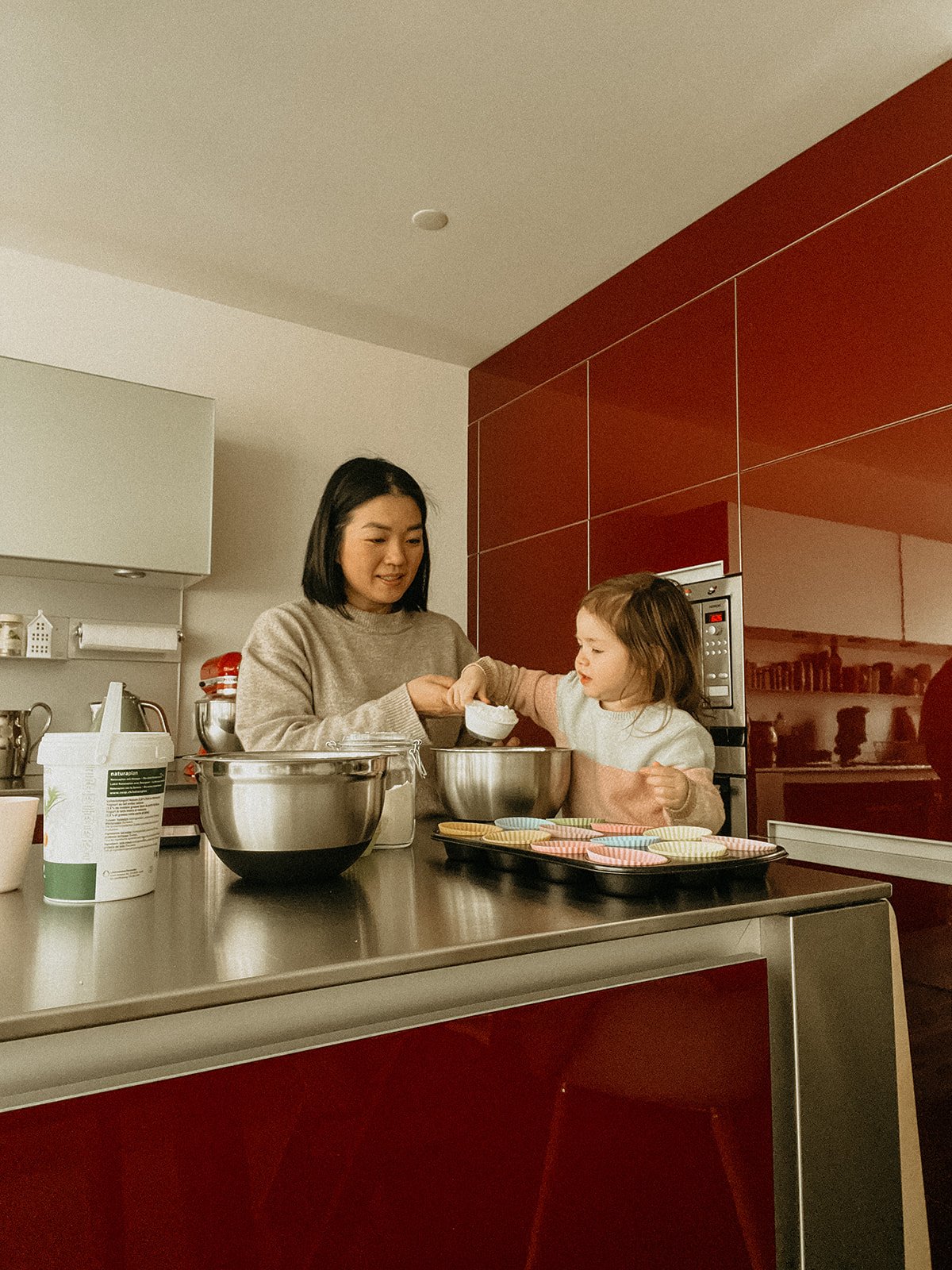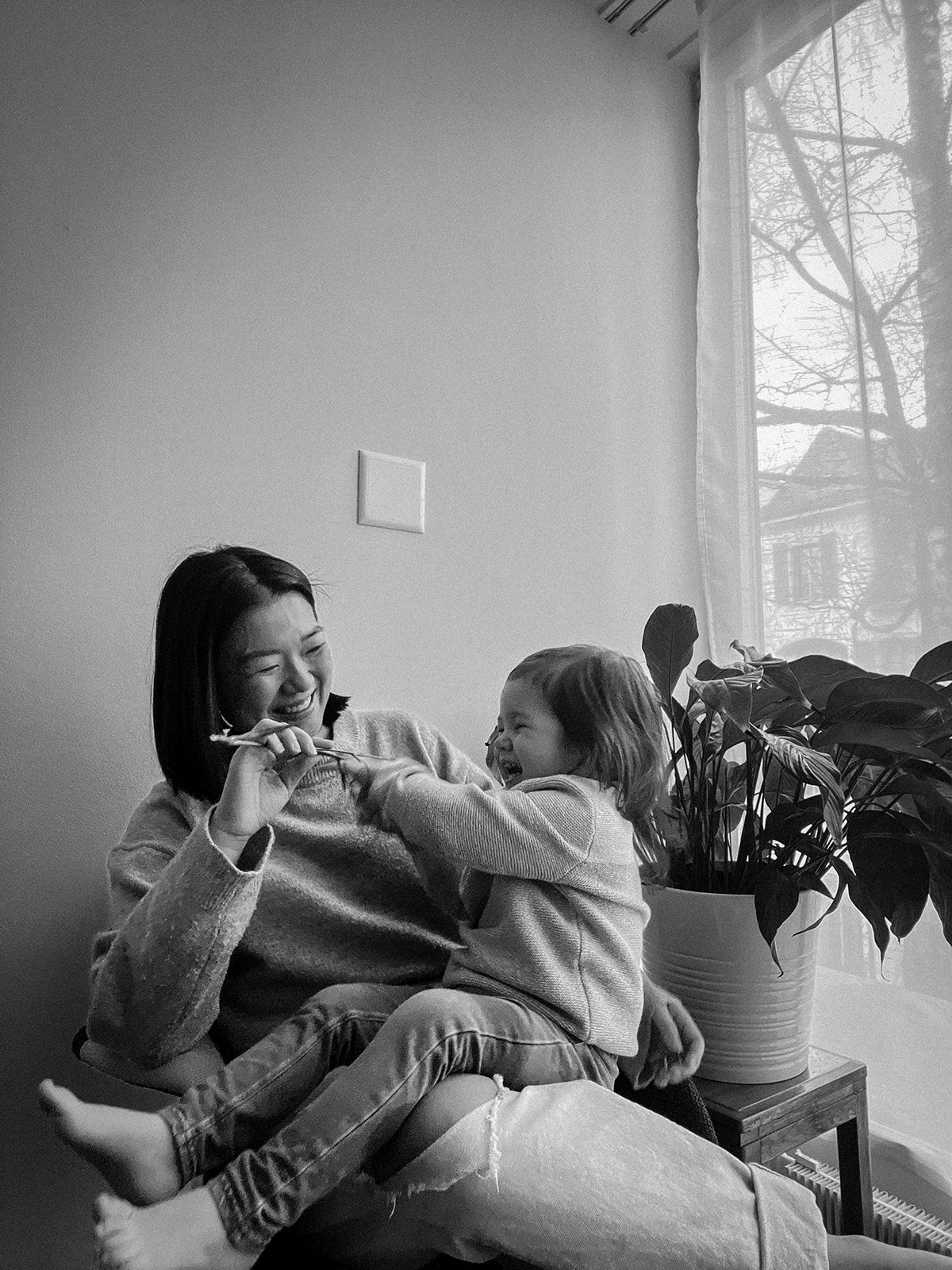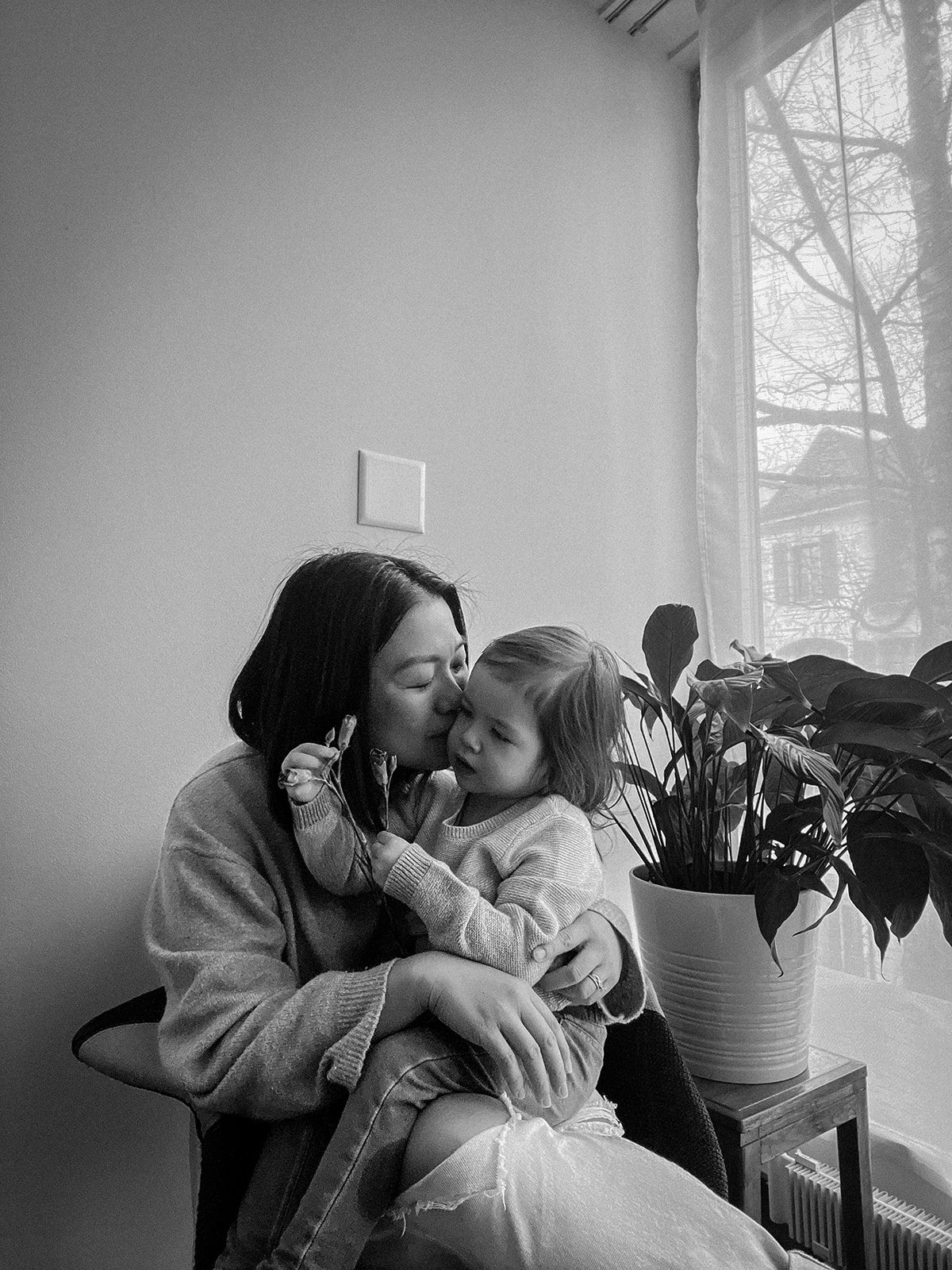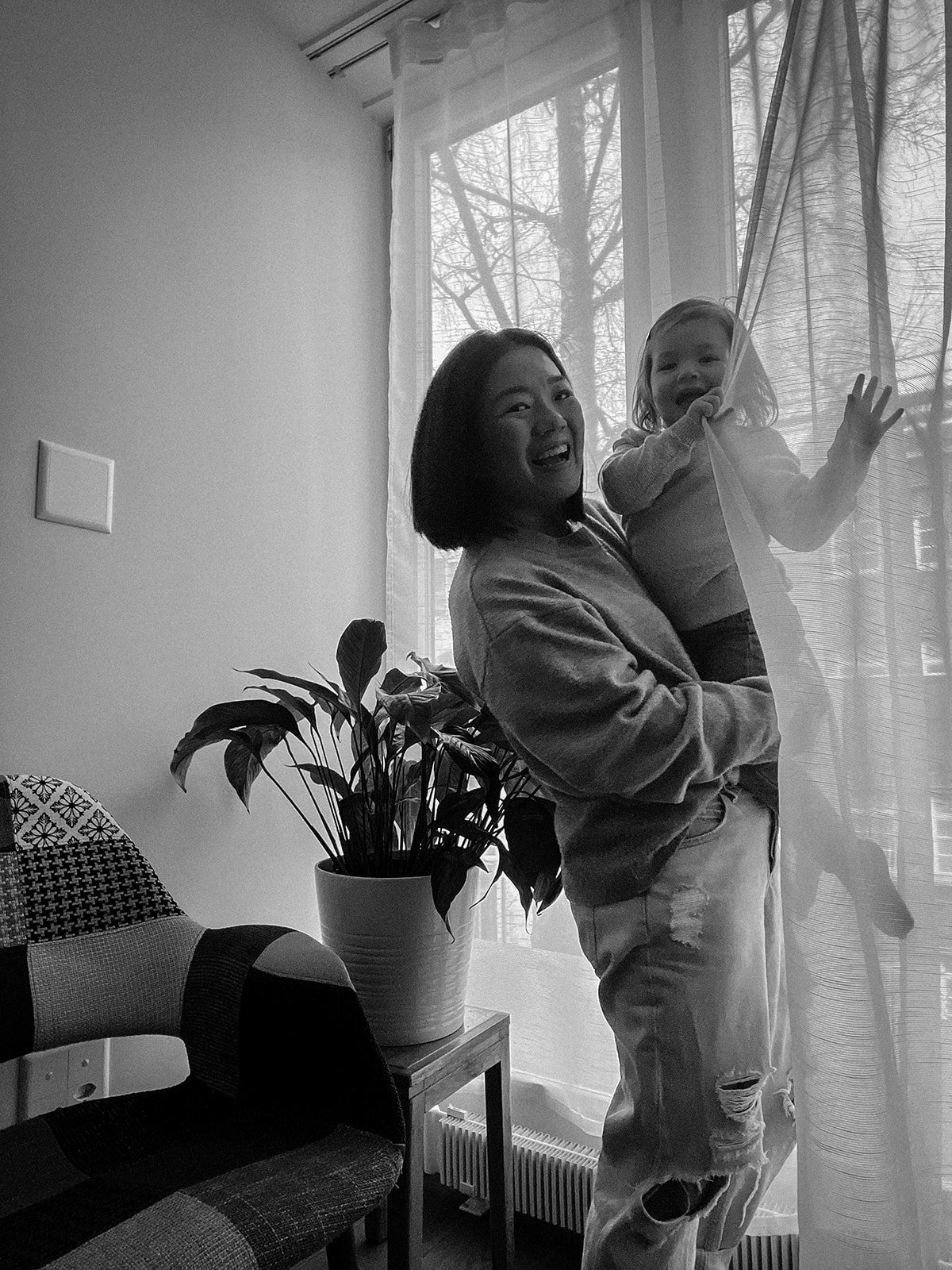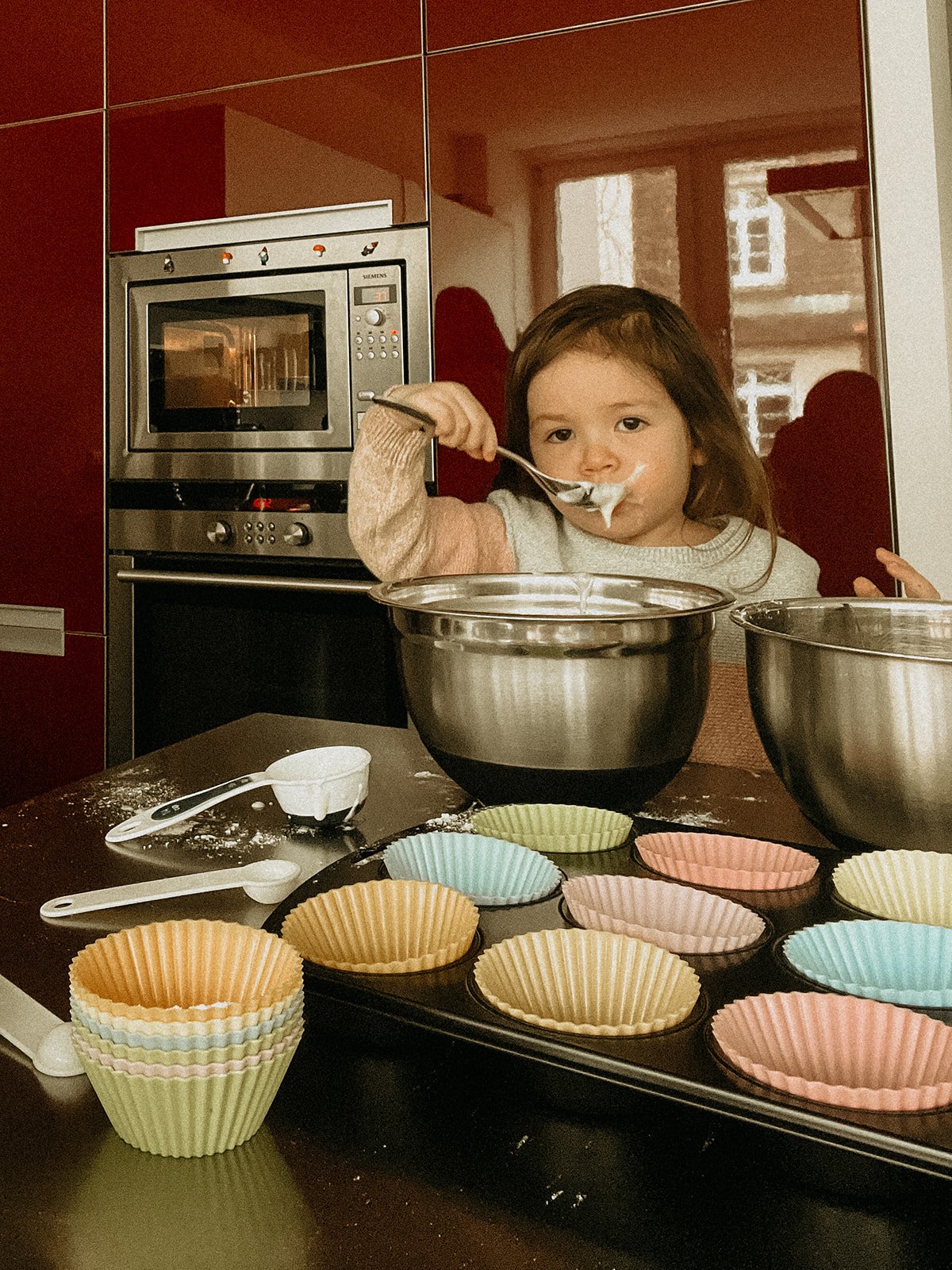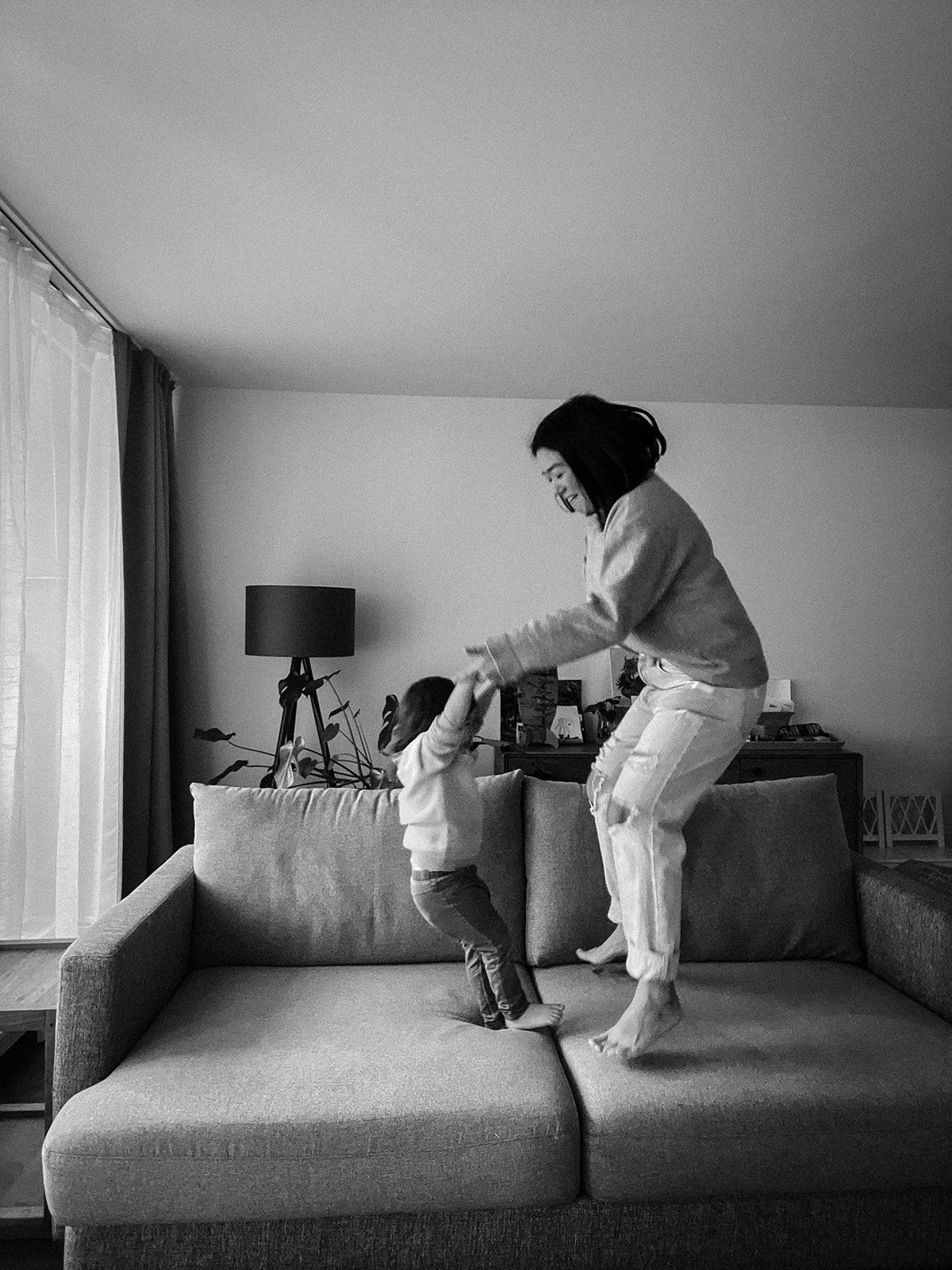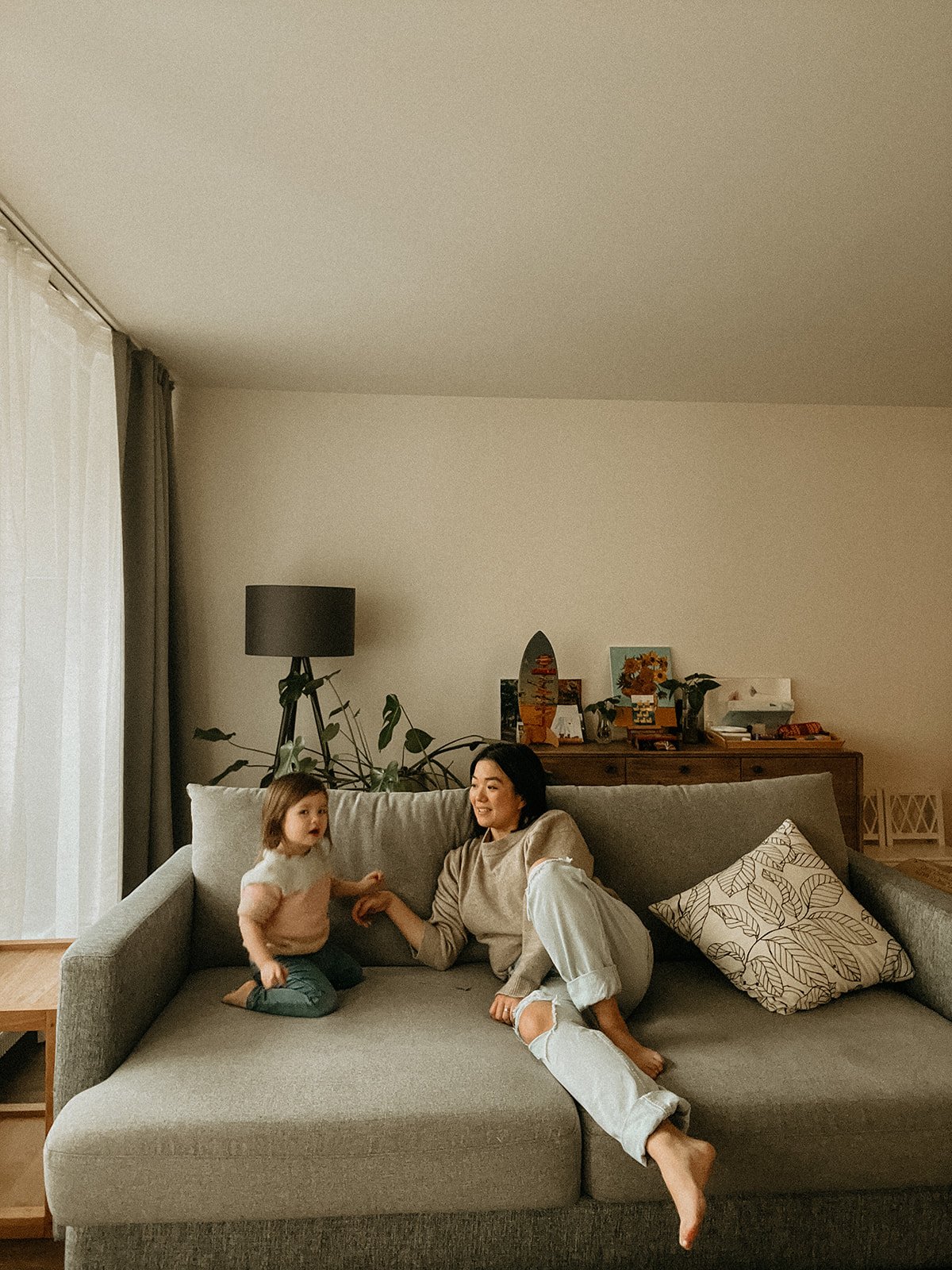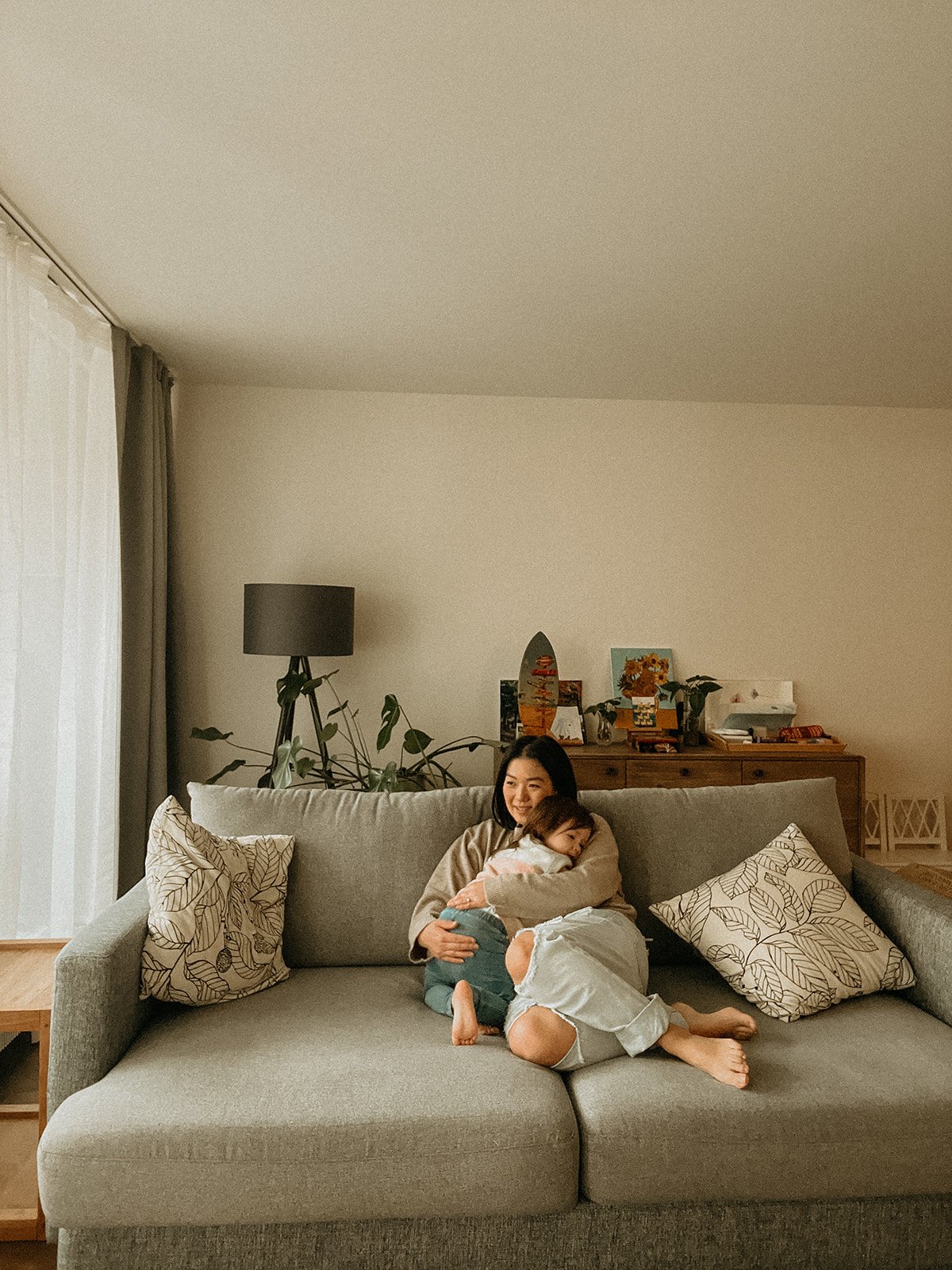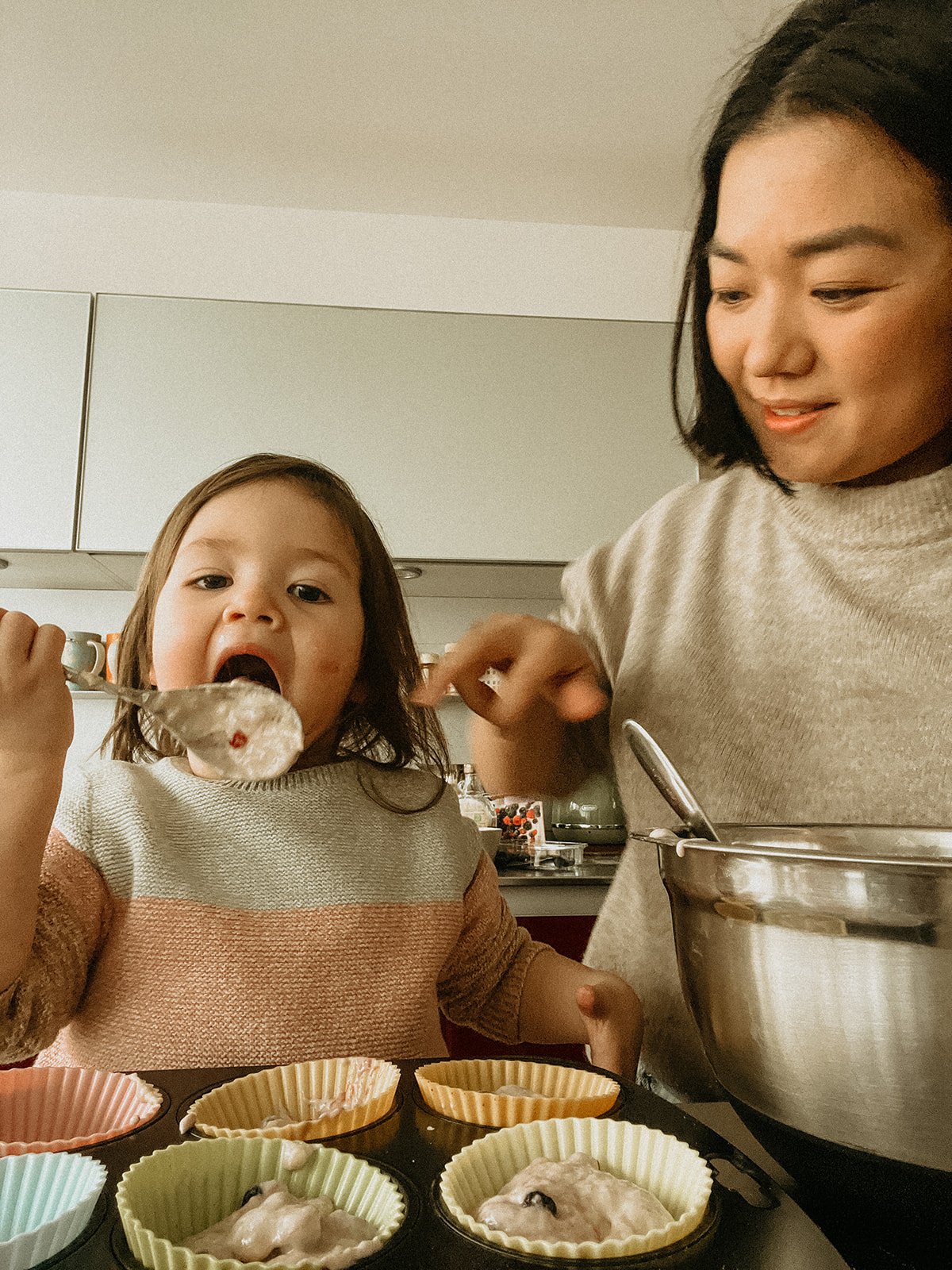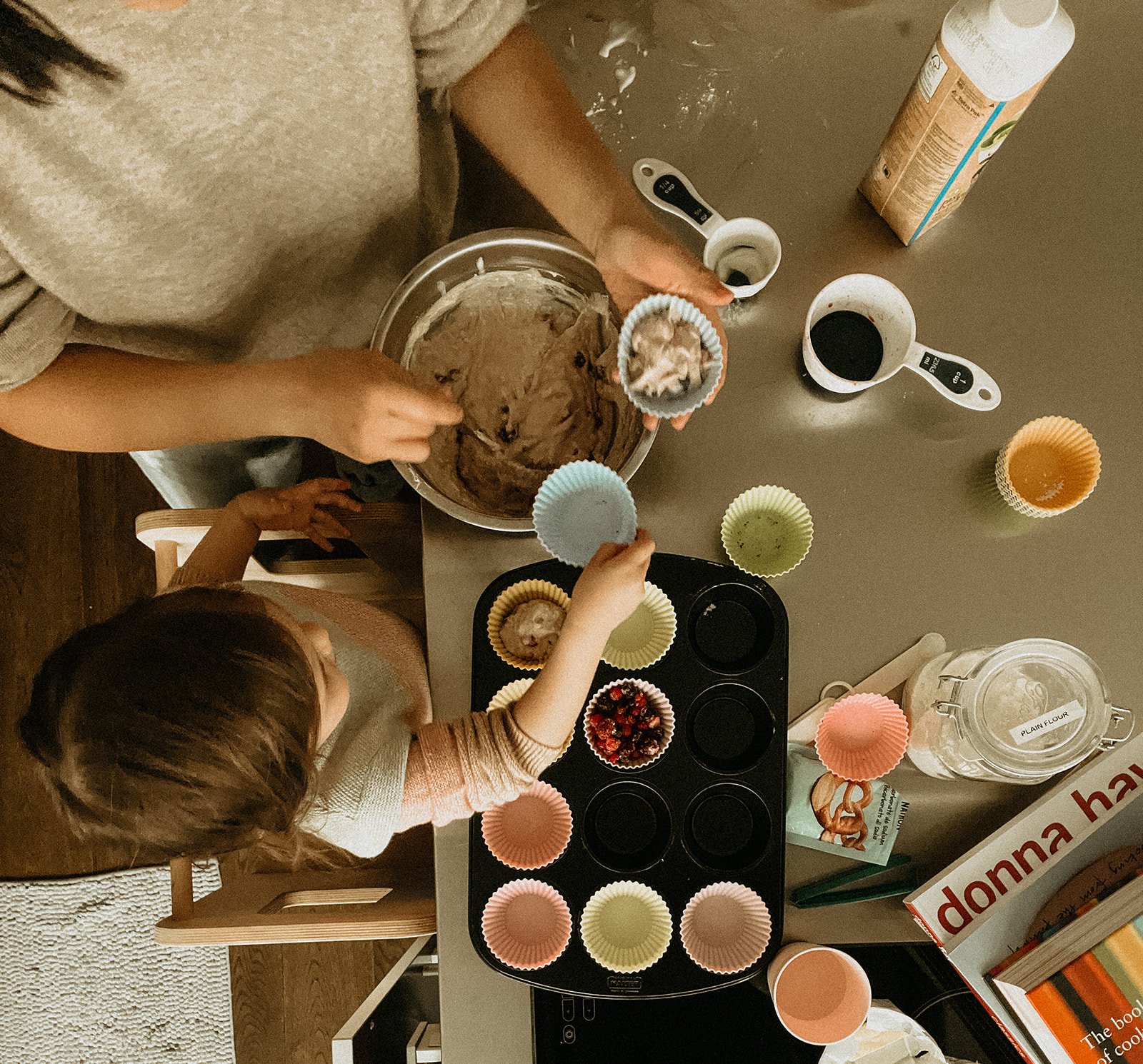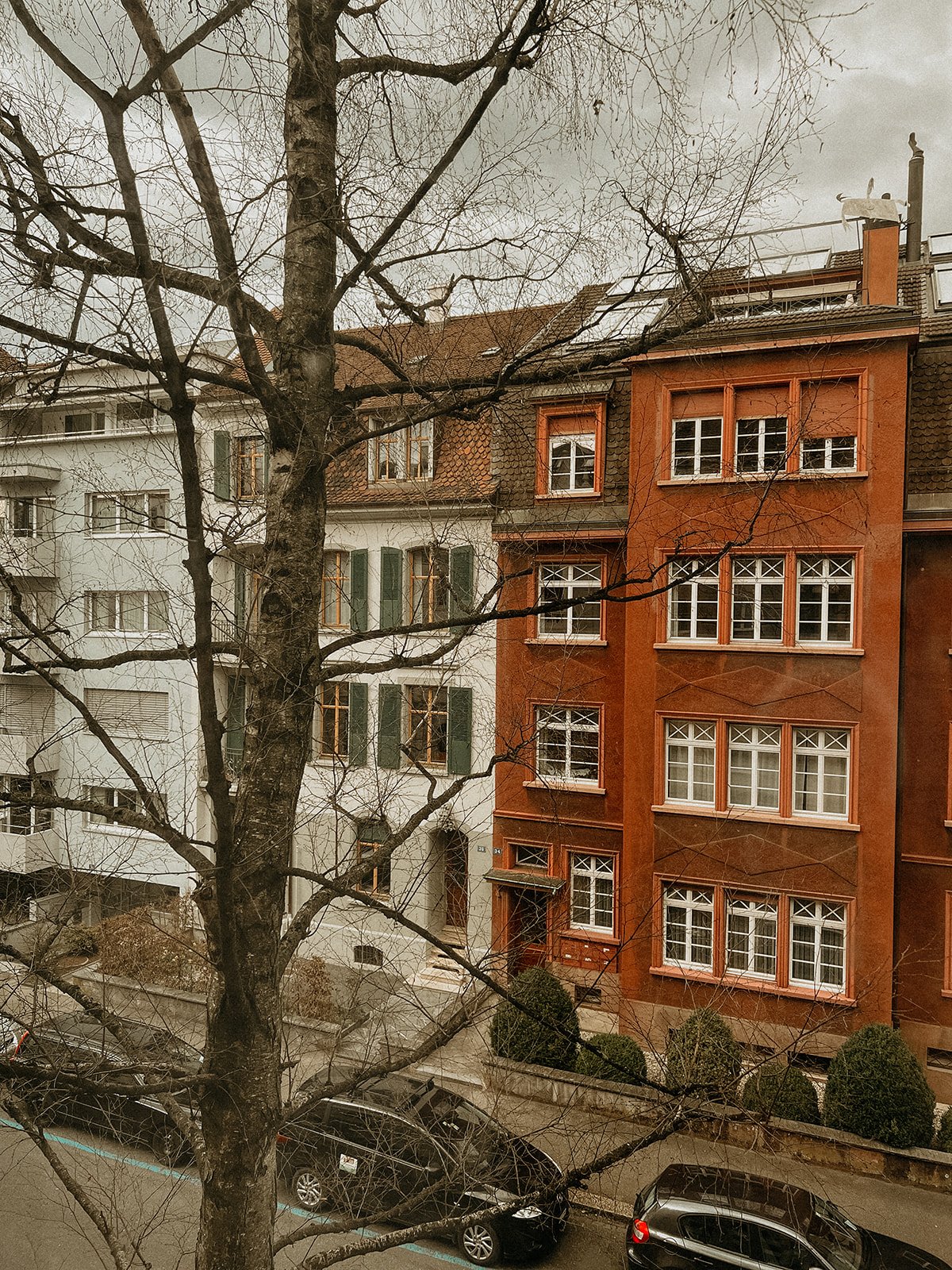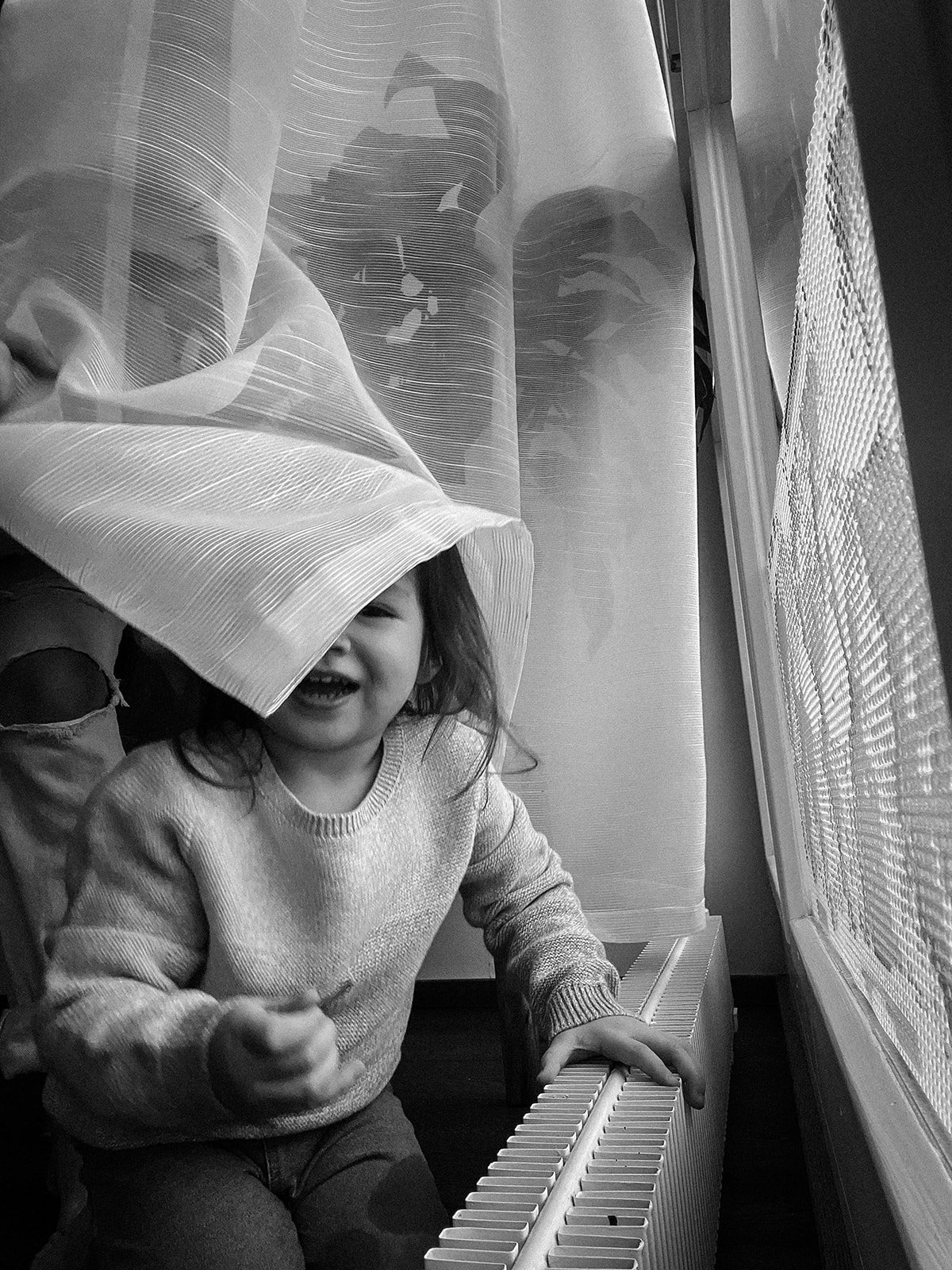Anne Wong, Switzerland
Photography: trinacaryphotography.com // @trinacaryphotography
We are thrilled to introduce you to Anne, a remarkable individual with a diverse background in healthcare and a passion for the arts. Currently based in Basel, Switzerland, Anne's global experiences in Australia, Shanghai, and Singapore have shaped her unique perspective on Swiss culture and healthcare practices. In this exclusive interview, Anne provides captivating insights into her experiences her pregnancy and postpartum experiences in Swiss culture. From discussing the Swiss approach to healthcare and parenting to sharing personal anecdotes and reflections, Anne's interview offers a wealth of knowledge and inspiration. So join us as we delve into Anne's world, accompanied by beautiful images that capture the essence of her life in Switzerland. Discover how midwifery care, the encouragement of embracing instincts, and the freedom from helicopter parenting shape the Swiss experience of motherhood. Prepare to be inspired and gain a deeper understanding of the fascinating intersections between culture, healthcare, and parenting in Switzerland.
Interview dated May 2022
Introduction
Can you give me a little background on yourself?
I’m 38 years old with a background in healthcare. I originally trained as a pharmacist and these days I work in communications for the medical and scientific field. On the side I also illustrate and paint although I don’t get to do that as much as I used to!
What brought you to Switzerland and how long have you lived there?
My husband took a new role at work. We moved in May 2019, so now 3 years!
How old is your daughter?
She just turned 19 months in May.
Pregnancy
Can you share about your pregnancy?
It was a bit challenging for several reasons. I had a silent miscarriage previously in 2018 that we only discovered at the 12-week scan, and afterwards it took us a lot longer than expected to conceive again. I was diagnosed with PCOS, so I was not ovulating regularly, and we needed some medical support.
When we finally conceived in Jan 2020 we were excited but anxious from our previous experience. On top of this, the Covid pandemic started soon after, which caused additional anxiety as there were so many unknowns. I have an autoimmune condition called ulcerative colitis, and to treat it I need to take medication to suppress my immune system. Unfortunately, this puts me at higher risk of infections so with Covid I had to be extra cautious.
However, the upside of being pregnant is my condition actually improved, which my specialist said is quite common. Despite lockdowns and all, I was fortunate that my obgyn let my husband join me for check-ups. I know that wasn’t the case for a lot of people in 2020, so I am grateful that he could be with me.
Aside from those external concerns, my pregnancy itself was fairly straightforward. I wasn’t sick that often and it was only occasionally in the evenings and after I ate seafood (which was a shame because I love seafood!) There were no medical complications. I did have an anterior placenta, so I didn’t feel her movements until later than average so that also made me nervous, but it didn’t really impact the pregnancy or birth.
What type of prenatal care did you receive throughout your pregnancy? Is this common in Switzerland?
The Swiss healthcare system is fantastic and provides a lot of support pre- and postnatally. Everyone is required to have (and entitled to) basic health insurance which automatically includes maternity care. Prenatal visits to a doctor or midwife, blood tests, scans, fertility treatments are covered by insurance along with some prenatal classes. The birth, postnatal midwife visits and even postnatal exercises courses are also covered by insurance. I have some additional insurance which allowed me to also have alternative therapies such as prenatal acupuncture. Expectant mothers are well looked after here.
Is there any attention given to preparing women both physically and psychologically for birth?
Yes this can be the case during prenatal classes, but the detail depends on the person giving the class. I was lucky to have an excellent British expat run my course who was very focussed on physical and psychological/emotional preparation, but I’m not sure if this is the norm for Swiss-run courses.
What are the attitudes toward pregnant women? Do you receive any special “care” and has this impacted you personally in any way?
There’s a very positive attitude to pregnant women here, at least in my local community. My neighbours were really thrilled, and people were always very polite and considerate in public (e.g. on buses/trams). I’ve heard from others that strangers here can get a bit too touchy and excited with baby bumps, however with the Covid situation I didn’t really experience anyone being invasive.
I’d say most pregnant women go about their days normally and it’s quite common here for pregnant women to be quite active. For those who are working, there are laws to protect them from working excessive hours or in potentially harmful occupations (e.g. working with chemicals). It’s also common for women to be ‘signed off’ on paid medical leave to reduce their working hours or stop completely, in their last couple of months.
Apart from general friendliness, curiosity from strangers and people being more considerate I wasn’t treated too differently or expected to behave differently.
Birth
What have you found the attitudes towards birth to be in Switzerland? Relaxed? More medical-based?
In general, healthcare in Switzerland tends to avoid medical intervention until absolutely necessary. This means they prefer as many ‘alternative’ or natural remedies/options as possible until they need to move to more medical options. However, any medical interventions are done to high standards. Natural/vaginal birth is highly encouraged, and pain relief options are somewhat limited (epidural and not much else).
Can you share a little about your own birth experience?
It was a bit traumatic and I found it hard to talk about for a long time. I was in my 40th week and started having repeated, long, mild cramps late Wednesday night and realised these were early contractions. On Thursday these continued but were quite spaced apart (around 20-30 mins) and when I called the hospital, they told me to stay home since my waters hadn’t broken either and it was my first child. By late Friday evening the contractions were getting stronger, maybe 15 mins apart but I was starting to feel a bit strange so decided to go into hospital. I was only 1cm dilated and they said I was welcome to stay but it was still early labour and I would probably be more comfortable at home.
During Saturday the contractions got more and more intense but the hospital said I needed to wait until they were less than 5 mins apart. They were only every 8-10mins but by evening the pain was incredibly intense. I could barely stand and was doubled over. I went to bed but I couldn’t sleep due to the pain. In hindsight I should have gone to hospital but I felt like I was going to be a nuisance because the midwives at the hospital and my obgyn told me to stay home until my waters broke or when I finally reached the magic 5 min interval which still hadn’t happened.
By 4am early Sunday morning I could feel a heavy weight bearing down on my pelvis and when I went to the toilet my waters broke but then suddenly the contractions came in thick and fast to the point where I could feel my body trying to push her out right there in the bathroom. We got ready and got to the hospital at 5:30am where the midwives told me I was already fully dilated and asked why I didn’t come earlier (!!). They also said it was too late for any pain relief other than paracetamol and I needed to push her out now.
It was the most intense pain I’ve experienced, and I was absolutely exhausted from being in labour since Wednesday night and not having slept for days. We tried multiple positions, but I had no energy to push her out properly and both my midwife and obgyn could tell I was struggling. They ended up using a ventouse (vacuum cap) to help her come out, but I started to tear so they had to give me an episiotomy. To this day I can still remember the burn of the cut but also the ‘rush’ of her moving out of me during my final pushes. That was incredible. She was born about 2 hours after arriving at hospital.
Although the hospital looked after me well afterwards, I do wish I had trusted my instincts more and gone into hospital earlier rather than feel like I was a burden. I felt traumatised because I felt like nobody really believed I was in labour, or that I was pain until it was absolutely too late. Even after the birth some people acted like it wasn’t possible that my entire labour was 80 hours (from Wednesday evening to Sunday morning) which made me feel even worse. They end up asking how long I was ‘really’ in labour for, but I can’t even say how long the active labour was since I kept being told to stay home. All I know was that I was in significant pain for at least a day and contractions for a couple of days before that.
Looking back, the other concern I had with the birth process was that everything happened so rapidly after my waters broke that I felt like they gave me a ventouse and an episotomy without a proper explanation. They just said they needed to get her out because I was too exhausted. Perhaps there was more going on that I didn’t understand because of language barriers. Although everyone spoke English to me in hindsight I wish I had spoken up more during the whole labour and birth process because I didn’t feel as empowered with the birth as I would have liked.
Where did you give birth (home/hospital/birthing centre)? Is this typical in Switzerland?
Hospital, which I think is quite standard. However there are a number of ‘birthing houses’ that people can go to for delivery (there’s even one on my street!) which are midwife-run. In my part of the city there are two major birthing hospitals you can go to, one that is a little more clinical/medical and one that is a bit more holistic and gentle with their approach (which I chose).
If hospital, how long do you stay in hospital following birth?
3 days, the standard for vaginal birth with no serious complications.
What types of pain relief are available during birth?
Epidural is available and possibly some other medication, however I arrived at hospital too late for epidural and the only thing they could offer was paracetamol which I declined. I’m not sure what else is normally available, but they don’t have gas or air unlike other countries.
Are there any recommended ways to support physical healing of the body following birth?
General rest but I was also given special herbal liquids (calendula-based) to apply to myself when I used the bathroom to help relieve any inflammation and help healing. I was also given gentle pelvic floors exercises and special breathing ones to help strengthen the abdominal muscles. Otherwise no special meals or drinks, other than some herbal tea that is supposed to support breastfeeding.
What type of appointments typically follow birth and will these be in-home or out-of-home visits?
Once home you receive up to 16 home visits from a midwife (you can pre-select your own or the hospital assigns you one) over the first 8 weeks, all covered under insurance. The midwife checks how you and your child are, shows you how to do various things and helps with any questions you may have: e.g. how to bathe your child (they’re not normally bathed while in hospital), how to tie a sling wrap, breastfeeding advice, etc.
We didn’t use the full 16 visits and only used 10 visits for the first 6 weeks, which is the minimum recommended. Our midwife was nice but I didn’t really feel entirely comfortable with her. She was rather young and quirky and even though she was well trained, I think I would have preferred more of a warm, older mother-figure who had experience with children of her own. To be honest I think it’s because my own mother wasn’t able to be around due to travel restrictions (nor any family members, for that matter) and I was missing that maternal warmth. In the end I didn’t really feel like I needed the midwife around beyond the minimum dates so we stopped.
If I had the choice again I would have picked another midwife and probably leaned into the visits a bit more and let them help while I rested. I was too occupied with making sure everything looked neat and tidy for mine (completely unnecessary!) and I was probably trying to convince her that I had it all together that I didn’t ask that many questions.
We also have a medical check up at 6 weeks with the obgyn which is out of home. That was really daunting, especially as it overlapped with a freak snowstorm at the start of winter.
Postpartum
What do you personally believe were the most important things in aiding postpartum recovery for you both physically and emotionally?
Having a supportive and motivated partner who took care of the cooking, cleaning and our dog so I could focus on resting, healing and nursing my daughter in the early months. Wonderful friends who brought dropped off some nourishing meals to support us knowing that we had no family around. Also so many kind and caring neighbours who brought gifts and checked in on us without being intrusive. It really made a big difference.
The biggest emotional support came virtually though. I shared a lot of raw, honest posts on social media about our newborn months and I received so much support, positive energy and helpful suggestions from family and friends around the world. So for me I would say it was so helpful to speak up and share my postpartum experiences, as it brought out so many stories from other parents who had gone through similar and it helped me feel less alone.
Is there any support for mother and baby during the “fourth trimester”?
Yes, the midwife visits described above. I also had a wonderful virtual mother’s group who were very supportive and helpful especially since in was during the Covid pandemic/lockdown days and we couldn’t have face to face gatherings..
There’s also a city family association. Once your child is born you’re automatically registered with them and they’re a group of nurses who provide free phone, home or drop-in clinic support in centres all around the city. You can go there for some general advice or if you want a basic check up for your baby (e.g. weight, height).
Finally there’s also insurance-covered postpartum exercises courses you can take from 6 weeks postpartum. These are gentle classes that help build up your strength again.
Are there any “new mother” groups that you can join and did you join any?
There are probably some local ones but as I don’t speak Swiss-German very well I didn’t look into these. However with the pandemic a lot of expat-filled virtual groups sprung up (Facebook, Whatsapp etc) that I joined and they provide a great deal of support. Once lockdown restrictions lifted we had lots of regular meet-ups in the park and that was a wonderful source of friendships and bonding.
What is the culture around taking newborns out in public? Do you wait a certain period for taking the baby out into public spaces?
It’s extremely common to take newborns out in public, particular during the warmer months. The Swiss love being outdoors and in the fresh air, no matter what age and whatever the weather. Unlike in some Asian cultures there’s no waiting/confinement period and people will have their newborns out on the street greeting neighbours, or out on a rug having a picnic in the park within the first couple of weeks.
Is there government-supported maternity or paternity leave and if so, for how long?
Sadly, government supported maternity leave is not great compared to other European countries, with only 14 weeks paid maternity leave but at 80% of your salary and capped at a maximum amount paid. However, several large international companies based in Switzerland will offer longer leave at full salary as a benefit to employees.
My employer’s based in the UK but I’m on a local Swiss contract so my maternity leave was according to the standard Swiss system, but they allowed me to take unpaid leave and kept my position open for a full year, which is the usual maternity leave period in the UK. Local Swiss employers wouldn’t normally do that and expect a mother to either return back after 14 weeks or resign.
Paternity leave is even more woeful, it’s 2 weeks paid leave but this was only introduced from 2021 onwards. Fortunately, my husband works for a progressive, large company where they had introduced 10 weeks of paid ‘partner leave’ the same year our daughter was born and he was able to stagger this across her first year.
Typically who cares for the baby during the newborn stage? Mother? Partner? Extended Family? What was it like for you personally?
Mother and extended family would be the norm here. It’s still a very ‘traditional’ culture here so the partner isn’t expected to play a strong role (as evidenced by paternity leave only being introduced in 2021!). However, for us as we were unable to have visitors from home due to Covid lockdown, my husband and I did it all on our own.
Can you speak at all to the culture around newborn sleep in Switzerland? Particularly of expectations for sleeping through the night, self soothing, etc.? What are your personal thoughts on this?
The culture here is very much about responding to a baby’s cries. Cosleeping is also common, either sleeping on the same surface/bed or with an attached side-cot. It’s considered very normal for a baby to wake frequently and the ideas/practices around non-responsive ‘sleep training’ (i.e. ‘self-soothing’ or ‘cry it out’) are not common at all. I found this really surprising as I assumed self-soothing was more of a Western concept but seems only in certain places like the US, UK and Australia where I grew up.
When my daughter was born, the hospital gave me a special top to wear for skin-to-skin contact (it was basically a stretchy, strapless tube top) and encouraged me to keep my daughter nestled in there as much as I was comfortable with, so she slept up against me practically all day and night. It was wonderful really, and when I was worried about us cosleeping together, the midwives encouraged me to trust my motherly, biological instincts and understand that I would instinctively protect her and wake when she wakes
I personally prefer to respond to my baby’s cries, rather than follow ‘self-soothing’ or ‘cry-it-out’ approaches. My daughter woke frequently (still does for her age) but I learned about safe co-sleeping and using side-cots which helped me cope. My views are shaped mostly by my Asian heritage where it’s common to co-sleep and respond to your babies, however I did feel a lot of pressure to sleep train from my Australian extended family and friends who did. Once I discovered ‘self soothing’ wasn’t very common over here in Switzerland I decided to stay with my original perspective and continue to respond to my daughter during the night.
It hasn’t been easy, especially as she woke every 2-3 hours every night for almost 18 months and required feeding back to sleep with each wake. However in the last few months she has been ok with cuddles back to sleep and has started naturally sleeping for longer stretches in her cot (5-7 hours) without us doing anything new. It’s not linear though and sometimes regresses back to more frequent wakes, but it’s still been nice to have some longer stretches lately.
Breastfeeding
Can you share your feeding journey?
It has been the most surprising aspect of my motherhood journey. My mother had difficulty breastfeeding and my cousins were formula fed so I assumed it would be the same for me. After my daughter was born they placed her on my chest and she latched immediately and to this day is still breastfeeding at 19 months. I had some pain issues the first few days as I didn’t have the right latch, but once I fixed that it went really well. She fed constantly though, averaged about every 45 mins for months, which was tough, and also fed to sleep.
Eventually she went longer between feeds but always fed to sleep. I was initially told by others not to feed her to sleep, but it was actually quite convenient and wasn’t a problem for me so I stayed with it. We’ve had some blebs and a brief period around 4 months old where she was easily distracted and started to refuse some of her feeds, but I continued to offer and the phase passed after a couple of weeks.
Over time her feeds dropped naturally, especially after we weaned. These days she is able to sleep without nursing (e.g. in the car, stroller or at daycare) but if I’m around and we’re at home she likes to feed to sleep for her midday nap, before bedtime and a couple of times during the night. She has a good appetite and eats a variety of solid food, drinks milk and water so I know that breastfeeding isn’t critical anymore for nutrition, but it provides so many health and emotional benefits that I don’t feel any strong need to wean just yet. I’d prefer her to self-wean but we’ll see what happens over the next few months. She’s so mobile and vocal these days that breastfeeding isn’t quite the gentle calming experience it used to be.
Eventually she went longer between feeds but always fed to sleep. I was initially told by others not to feed her to sleep, but it was actually quite convenient and wasn’t a problem for me so I stayed with it. We’ve had some blebs and a brief period around 4 months old where she was easily distracted and started to refuse some of her feeds, but I continued to offer and the phase passed after a couple of weeks.
Do you think breastfeeding in public is socially accepted in your country?
It’s well accepted and very common. I’ve breastfed in parks and on benches on the street and even on hiking trails and have had no issues. Usually a friendly smile from another mother. My friends in the same city also say they’ve breastfed on the tram and also no issues. Almost every baby/child-themed shop in town will also have a comfortable breastfeeding area, and every pharmacy allows you to use a private room for breastfeeding if you need it.
Is breastfeeding support readily available?
Yes, there’s a strong breastfeeding culture here and so there’s a lot of support. This can be through you home-visit midwife or separately with specialist lactation consultants, which are also covered by insurance.
How long do babies typically breastfeed in your country?
I think it’s quite mixed but as there’s a strong ‘nature/natural/organic’ mentality here, it’s fairly common to see older babies/young toddlers still being breastfed (i.e. around 12 months). At the same time however, they also encourage weaning quite early here with recommendations to start introducing solids from 4 months (we waited to closer to 6 as with other countries). I’d say a lot of mothers, particularly those who need to return to work after a few months, will try and keep up some amount of breastfeeding as long as they can but will also supplement with formula and/or solids. Those who don’t need to return to work will exclusively breastfeed for longer.
Switzerland
What is your favourite thing about being a mother and raising children in Switzerland?
The freedom and trust they give to children to explore nature and be outdoors in the real world. In daycare here they take the children out of the premises at least once a day to explore parks, playgrounds, the zoo or even the supermarket. This is done without prior parental notification or the need for consent forms which would be the case back in Australia. It’s just ‘normal’ here.
There’s a lot less helicopter parenting. Children are not constantly monitored on apps and parents aren’t always walking around with a phone camera in their child’s face like I’ve seen in other places. Kids are always out and about playing with minimum parental supervision, and electronic devices in general very minimal. Children from kindergarten age are taught to walk home without parents (alone or with friends). A lot of homes don’t have TV screens. Playgrounds here use as many natural materials as possible, and they’re probably considered a bit more ‘extreme’ as they don’t usually have soft padding, are full of wood and metal instead of plastic equipment, and have minimal safety rails and almost no sun shade.
To me it feels a lot like how previous generations grew up in other countries – back when things were a bit slower and before digital technology took over. Children are encouraged to be children and explore and learn at their own pace.
If you think the world could learn one thing about how Switzerland approaches pregnancy, birth, & motherhood, what would it be?
The support, encouragement, and protection they provide mothers here from a social point of view and through the healthcare system. I love how they encourage mothers to embrace their instincts and respond to their babies as naturally as possible. The culture also promotes a strong physical connection and bond between mother/parent and newborn child, with things like breastfeeding, co-sleeping and babywearing extremely common and accepted.
To be balanced though, the only disappointment is the limited support they provide working mothers. This is firstly through the limited maternity leave, as the Swiss still have a ‘traditional’ mentality that mothers should be at home looking after their children. Even the public school system is designed with the expectation that a parent (usually mother) is always at home, because school kids return home for lunch before going back to school in the afternoon. Often groups of mothers/parents ‘tag team’ and alternate the home lunch duty between each other so the kids have somewhere to go.
What is one piece of advice you would like to give other mothers?
I found the newborn months and fourth trimester incredibly challenging with no family around, a highly physically attached and low-sleep-needs newborn, Covid lockdown, and usually harsh winter all in a foreign country where English wasn’t a core language. One thing a neighbour said to me that really meant a lot was: “Everyone tells you to enjoy every moment, but it’s also ok if you don’t enjoy every moment. I hope you have people around you that tell you that too.” It sounds so small but it made such a huge difference to feel that even if you’re so grateful to have this child, it's also ok to not enjoy every single second of being a new mother. I tell the same thing to other new mothers when I can, because there’s so much guilt and shame attached when a new mother admits they’re struggling, when people should be there supporting them and letting them know what they’re going through is normal.

